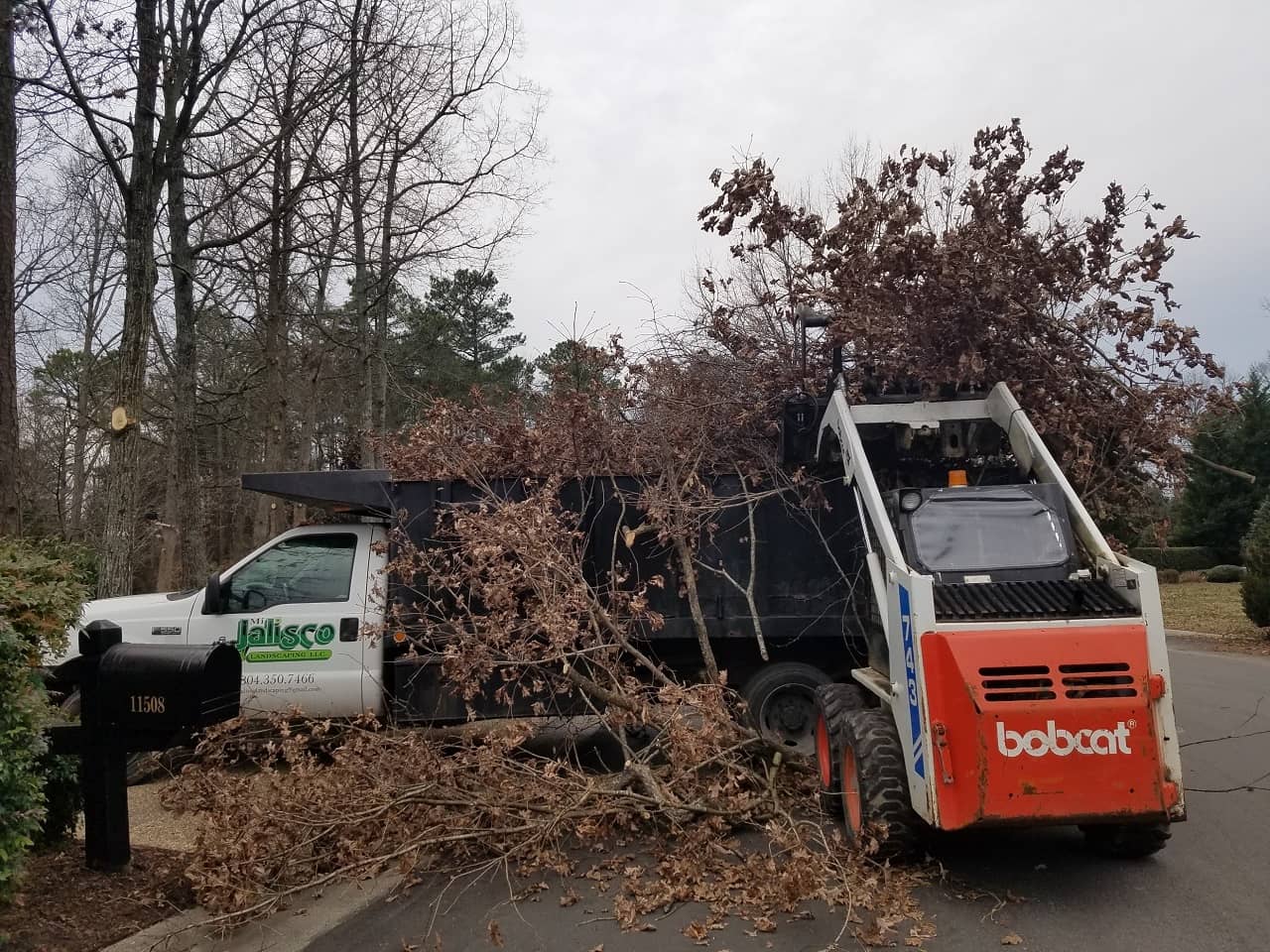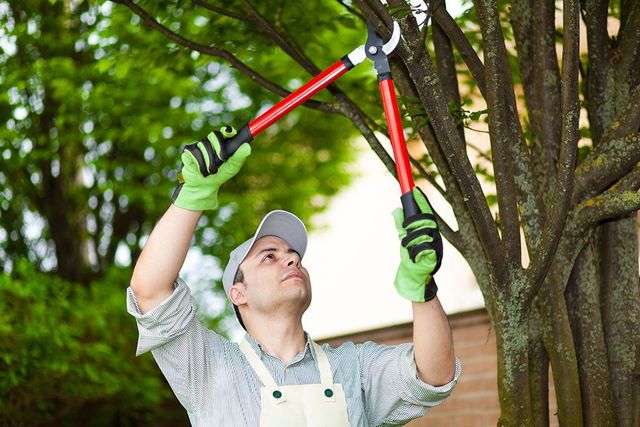All Categories
Featured
The removal of trees can create open spaces that are vulnerable to weed intrusion. When trees exist, their dense canopies frequently shade the ground, limiting the amount of sunshine that gets to the soil. After the removal of trees, these open locations receive boosted sunlight, offering perfect problems for weed development.

To fight weed invasion and maintain the honesty of the ground, professionals in tree removal can supply beneficial suggestions on efficient weed management techniques. They might suggest using mulch, which functions as a protective obstacle on the dirt surface area, protecting against weed seeds from germinating and reducing weed growth.

The visibility of trees promotes an abundant and varied community of dirt microorganisms. Tree roots offer a source of raw material, exudates, and nutrients that support the development and task of beneficial dirt microbes. Nonetheless, when trees are removed, the lack of their roots can interfere with the fragile equilibrium of the soil's microbial ecosystem.
How Do I Find A Tree Cutting Services Wollongong Service?
To deal with the impacts of tree cutting on soil pH, tree removal specialists can provide important recommendations. Based on the results, experts can recommend pH adjustment techniques, such as adding lime to elevate dirt pH or including essential sulfur to lower it.

It refers to the compression of dirt fragments, resulting in minimized pore room and raised dirt thickness. This compaction can negatively influence the soil's capability to operate efficiently, influencing its water-holding ability, nutrient schedule, and root infiltration. Correct strategies utilized by tree elimination professionals can help reduce compaction and preserve the soil's ability to keep water, and permit adequate air flow and mindful equipment handling.
Latest Posts
Is It Worth Paying For Tree Arborist Wollongong?
What Is The Best Tree Arborist Wollongong Product?
How Much Does It Cost To Have A Wollongong City Council Tree Removal?